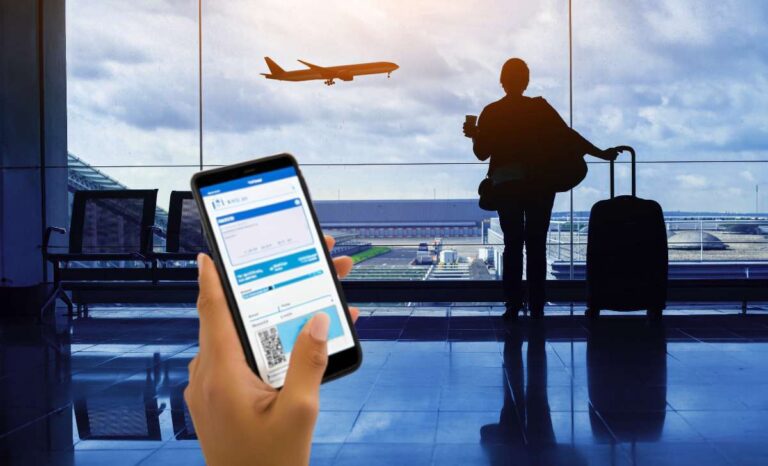Thailand Introduces Mandatory Digital Arrival Card for Foreign Travelers
Thailand Launches Mandatory Digital Arrival Card (TDAC) for Foreign Travelers Starting May 2025 Effective May 1, 2025, Thailand will officially launch the Thailand Digital Arrival Card (TDAC), a new requirement for all foreign nationals entering the country. This initiative replaces the paper-based TM6 arrival card, in an attempt to modernize the nation’s immigration procedures. The…






